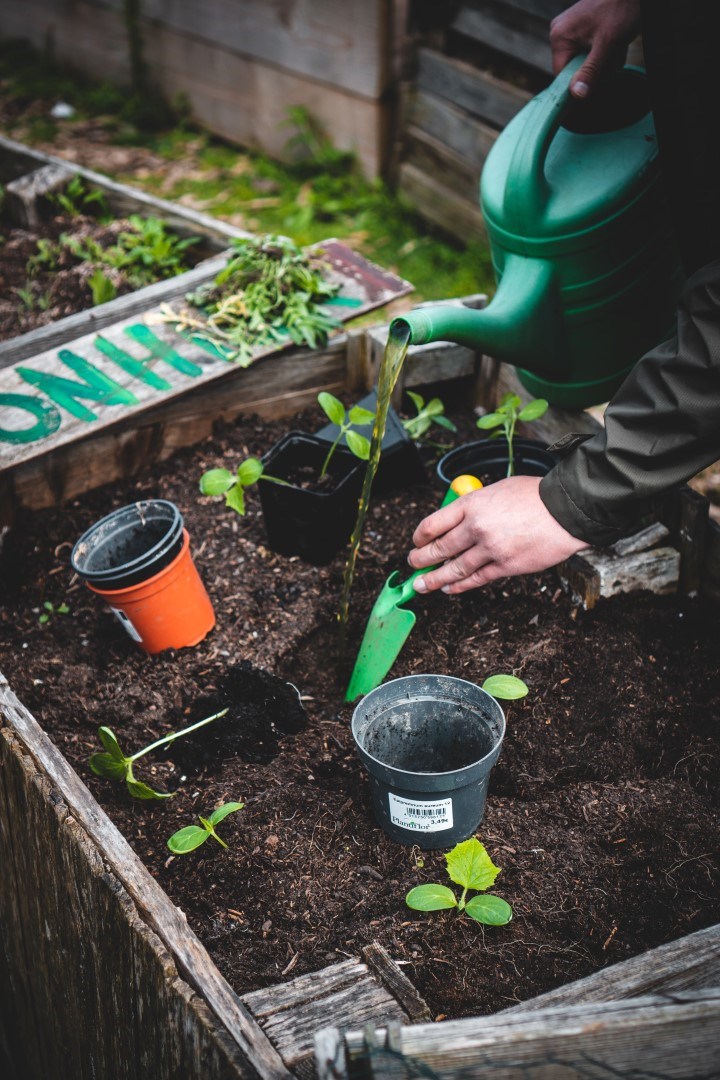Sustainable lifestyles as a positive consequence of the COVID-19 pandemic?

The COVID-19 pandemic disrupted many aspects of global society and forced people to cope with the various negative consequences brought upon them. At the same time, this disruption presented a window of opportunity for transformative change, giving people an opportunity to experiment with more sustainable lifestyles as their regular consumer habits were restrained. What were their experiences adapting to these restrictions?
In a recent study, Boström and colleagues (2022) interviewed “mainstream consumers” from Sweden and Ireland to find out how the restrictions posed by the pandemic affected their consumer practices, to identify key possibilities for long-term transformation of societies and adoption of sustainable lifestyles. While there were consumers who had difficulties adjusting to the constraints placed on the consumer market, a surprisingly large share of the participants reported many positive implications for their everyday lives. For many, the slower pace of life reduced perceived stress, emphasized social relationships, and gave people time to reflect more on savings and unnecessary material consumption. People saw the value of local activities – outdoors and at home – and they reported trying out more sustainable activities such as cooking, baking, and cultivating their own food.
Boström and colleagues argue that, although many consumer practices are now returning to “normal”, the new practices that people adopted during the pandemic hold potential for long-term lifestyle transformation and could pave the way for a more sustainable society. They also underline that adaptability displayed by people shows promise for the future when societies inevitably need to change towards more ecological and climate-friendly lifestyles.
Boström, M., Römmelmann, H., & Sandström, L. (2022). Could practices of reduced consumption during the Covid-19 pandemic facilitate transformative change for sustainability? Experiences from Sweden and Ireland. Frontiers in Sustainability. Read more about the publication here
